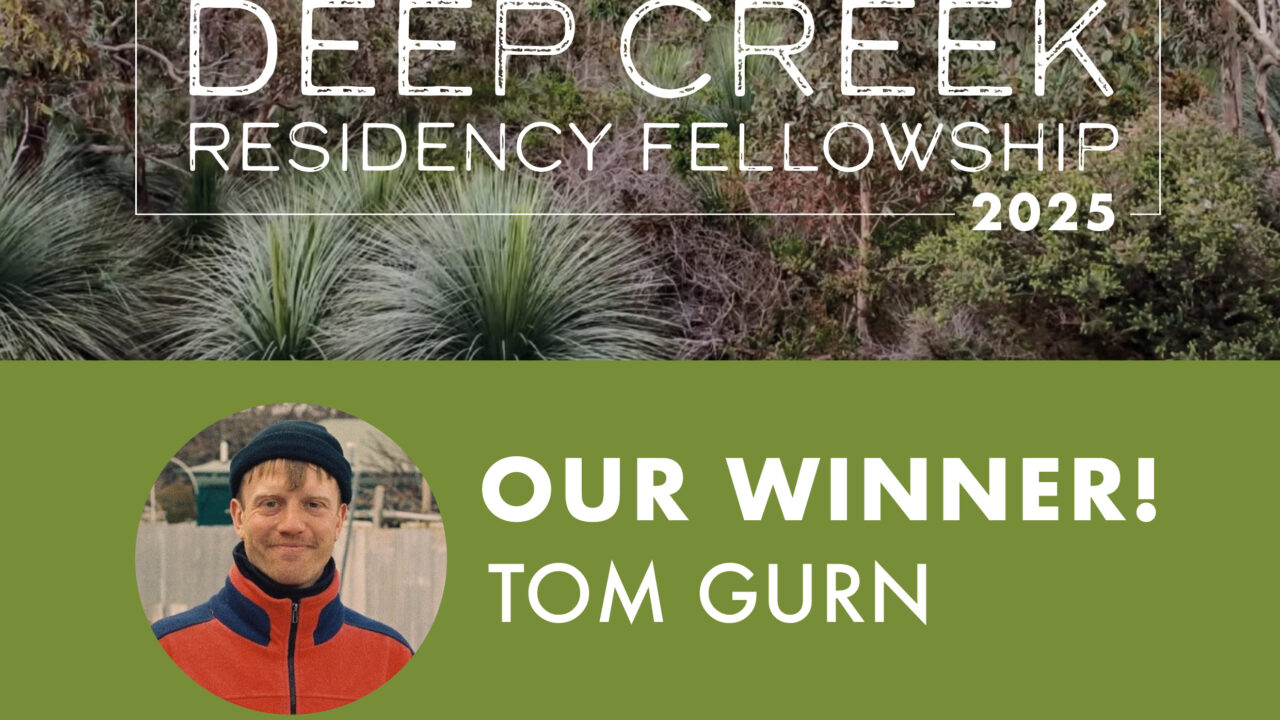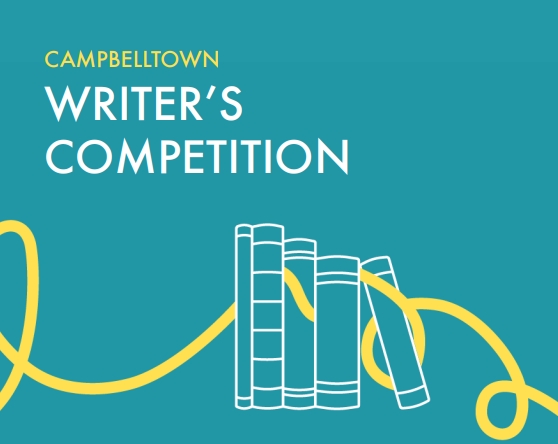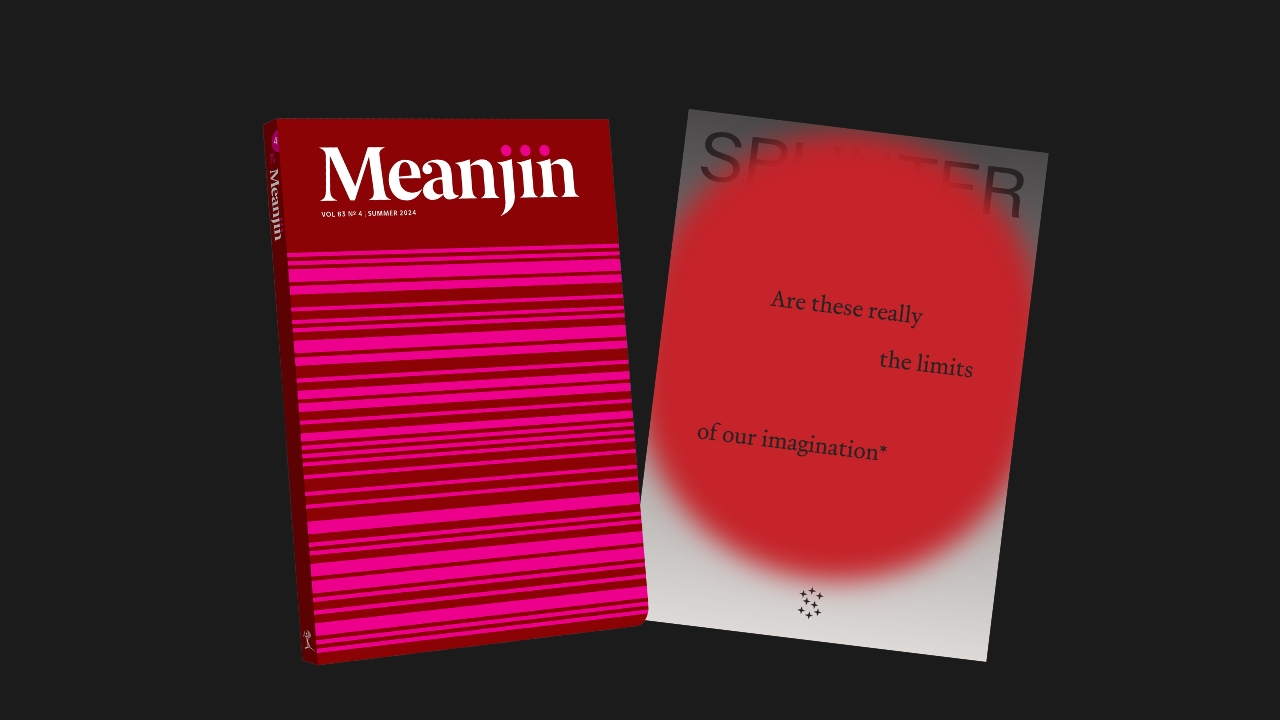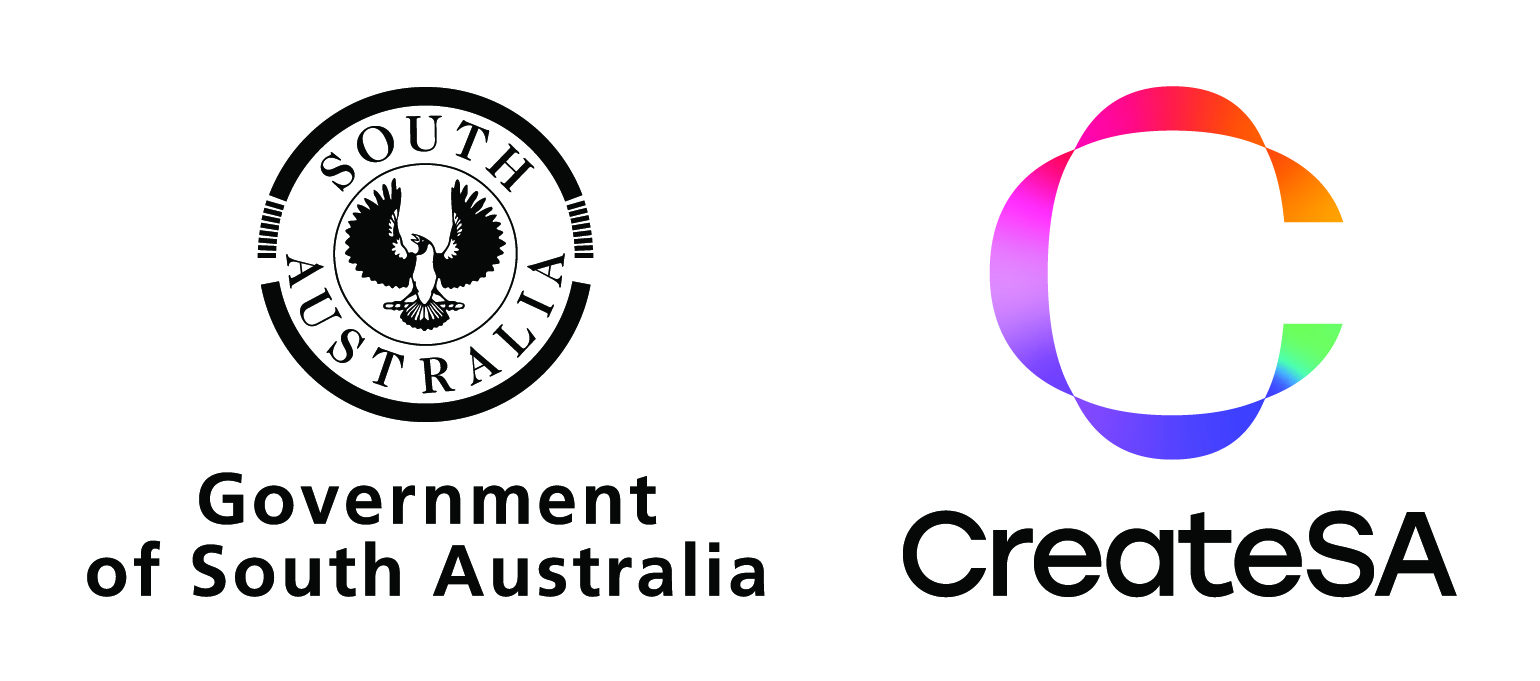NB: SAWC is holding an Editing Bootcamp. Register early to avoid disappointment.
Here’s a proposition for you: editors are the most misunderstood of any publishing professional. Let’s test it out. What do you think of when I ask you to imagine an editor? Perhaps a dainty woman in spectacles, wielding a red pen and a dictionary, pausing in her grammatical mission only to feed her cat and adjust her cardigan? Or, at the other end of the scale, a cosmopolitan big-city publisher, swilling a gin and tonic while taking a long lunch with his pet author?
I’m exaggerating, of course, but that’s what stereotypes do. In case either of the images I’ve just described chimed with you, let’s dispel them right away and look at what modern editors are actually like, and how their role is changing. Because, as my own favourite editorial guide, Janet Mackenzie, asserts, ‘editors who fit either of these stereotypes don’t get far’. Here, I’ll focus on copyeditors, since that’s the type of editor authors most often meet – but of course there are also developmental, substantive, web and any number of other types of editor out there.
A challenging, creative job
The American copyeditor and blogger Carol Fisher Saller has written that it’s important to recognise ‘the challenging, creative, intellectual aspects’ of copyediting. We’re not bean-counting accountants, shushing librarians, or frustrated writers with a grudge. Editors possess unique skills in interpreting and manipulating content for effect – whatever it comprises, from text to images to hypertext – and we make a highly valuable contribution to publishing (even if we aren’t always highly paid… sigh…). Editing can also be a wonderful career, as we can hone and deepen our skills and experience throughout our working lives, and we get to work with creative people every day.
It’s true: editing is detail-oriented, consistency-minded, and persistent in its pursuit of the most expressive, most effective writing. The British poet Blake Morrison famously wrote almost 10 years ago that it’s a ‘bloody trade’ (he compared it to surgery). But it’s far from a dry and dusty, pseudo-scholarly practice. Editors get vocabulary, dialect, rhythm and word placement; structure, pace and flow. We know when to query and when to fix. We judge writing, but we’re never judgemental. We understand the markets and readers our authors are trying to reach.
Adapting to publishing change
Where editors work and what we call ourselves are changing. Judith Butcher, a superstar copyeditor among copyeditors, writes that ‘a book’s journey from the author’s mind to the printed page can follow many different routes’. For her, it’s essential that the editor is ‘adaptable to the publisher’s requirements’ – as the available formats and technical options expand, so too do the skills a pro editor needs. However experimental your chosen form as an author, there’s an editor out there who wants to hone what you’re creating. You can find people using editorial skills of different sorts everywhere from traditional publishing houses to technology companies and from charities to businesses – so there are editors who work on fiction, yes, but right alongside them there are editors of non-fiction, poetry, magazines, communications, ebooks and digital publishing of all kinds.
So, what are editors like now? We’re techie, we’re collaborative, and we’re increasingly entrepreneurial.
Copyeditors still exist (mostly editing onscreen). Proofreaders still exist (mostly working digitally, too). But more of us are taking on additional editing roles, or adapting our traditional skill set, as publishing forms expand – and that goes double here in SA, where more of us work in non-traditional editorial roles or as freelancers than as in-house editors in publishing companies.
Beyond grammar and spelling
Of course, a professional editor needs the same aptitude for grammar and spelling they’ve always had – the rules of which vary a lot more than you might think – but my point is that there’s way more to editing than fixing grammar and spelling errors. In the best working relationships, the editor understands profoundly where the author is coming from, and helps them amend their work to make their voice more theirs.
As my fellow Bootcamp presenter, Kevin O’Brien, has said, ‘the editor help[s] a book to become the best version of itself it can possibly be’. If you like, a good editor is the best critical reader you’ll ever have – one skilled in perfecting what you thought was 99% there already, and who is 100% on your side. Poet and editing guru Mark Tredinnick believes that ‘writing is creativity and discipline; it is freedom within bounds. It’s freestyle drawing and engineering’. So too with editing. How limited would an editor be who only did discipline, without appreciating creativity? We might introduce commas to Roald Dahl’s rich, headlong lists of adjectives (which he rarely punctuated), losing his distinctive rush of descriptive exuberance in the process. We might – horror! – encourage Ernest Hemingway to use more semicolons, to break up all those short sentences. You get my drift. A dogged application of ‘rules’ to the neglect of an author’s creative intentions can be disruptive and damaging – worse than no editing at all.
Through a combination of wordsmithery, language sense and ingenuity, a good editor brings on your work from drafted to polished. Although I’ve talked about editors as technically savvy, there’s always something reassuringly handmade about the work we do for and with authors. We’re individual readers, above all, and we can bring fresh, unique editorial insights to writing. So, I encourage you to say farewell at the trackside to those mythical, stereotypical editors of the past, and hire an editor who’ll travel much more comfortably by your side.
To find a South Australian editor, including Accredited Editors (AEs), visit the Freelance Register at Society of Editors (SA)
Dr Katy McDevitt AE is Principal Editor at Katy McDevitt Editorial Services and Publisher at Simply EBooks SA. She has worked with dozens of authors throughout her career, as a copyeditor, proofreader and publisher, and she loves collaborating with writers to help them achieve their publishing goals. She is leading a workshop for authors, called ‘What is Editing?’, as part of the Editing Bootcamp on 16th May.







